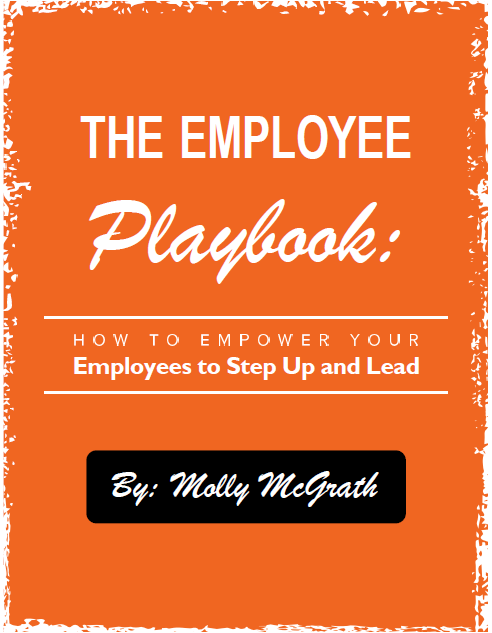 Mindful leadership is all the rage these days. Ask anyone in a leadership position if they approach their job mindfully and most will say “yes.” After all, each of us likes to think we engage our work carefully and consciously. Mindfulness does not simply mean having one’s brain turned on, however. It means recognizing the biases we employ and taking deliberate action to short-circuit their influence upon our decision making.
Mindful leadership is all the rage these days. Ask anyone in a leadership position if they approach their job mindfully and most will say “yes.” After all, each of us likes to think we engage our work carefully and consciously. Mindfulness does not simply mean having one’s brain turned on, however. It means recognizing the biases we employ and taking deliberate action to short-circuit their influence upon our decision making.
A leader’s role is to find and develop top talent. This is only possible if we can assess our personnel impartially. A first step in achieving this is recognizing the biases we are most likely to carry.
Halo Effect
The halo effect refers to when we allow one positive feature to dominate how we view someone, causing us to overlook negative tendencies and excuse weaknesses. This leads us to miss growth opportunities and select candidates based on a partial set of characteristics. A simple solution here is to collect multiple viewpoints. Good leadership means recognizing the value of outsider input.
Availability Bias
This refers to our tendency to add value to those experiences easily retrievable by memory. The media capitalizes on this constantly, feeding us soundbites that enhance the perceived meaning of an event by boosting the imaginative space it occupies. This is relevant to leadership when we assign undue significance to major (or memorable) events simply because they are vivid. As a counteractive measure, we can assess performance regularly rather than at large intervals, thereby preventing the most retrievable experiences from coloring our perception. In practical terms, this means replacing annual performance assessments with monthly or quarterly reviews.
Confirmation Bias
If you’ve been awake to current events, you’ve seen plenty of peoples’ tendency to select information that confirms existing beliefs. This bias plays to our desire for consistency. In a world that sees wishy-washy decision making as a weakness, confirmation bias is especially dangerous. To counteract its effect, seek out information that challenges initial impressions. By making a habit of asking, “what would I need to see to change my mind?” we alter the framework of how we look at potential evidence.
Narrative Fallacy
Humanity’s secret to evolutionary success is our ability to tell unifying stories. We are constantly building narratives that explain our world. Hence, when we evaluate a person, we tend to spin a tale. However, despite our desires, sometimes the top candidate isn’t the one that best fits our narrative. To avoid giving preference to a person simply because they fit our fantasy, we should identify objective criteria for success in advance. Addressing performance standards openly with employees ensures we reinforce best behaviors—not simply those that are most appealing.
Multiplicative Systems
This term refers to the fact that every element of a person’s character influences the other elements. We are not the sum of our parts, but the product. All the intelligence and work ethic in the world doesn’t matter if a person lacks integrity. Too many leaders search for a well-rounded skillset, resulting in mediocrity. Instead, recognize that personality traits have a multiplicative influence and leverage this to capitalize fully on available opportunities.
The common factor in avoiding each of the above biases is mindfulness. Recognizing these biases allows us to manage them instead of allowing them to manage us. This means cultivating focus, clarity, creativity, and even compassion in the service of others. Doing so allows us to meet employees with the openness necessary for undoing our inherent assumptions. While easier said than done, a little practice goes a long way in making mindfulness an intuitive part of our decision making. As a first step, consider scheduling a free discovery session to uncover your leadership development pain point, struggles, opportunities and goals.


